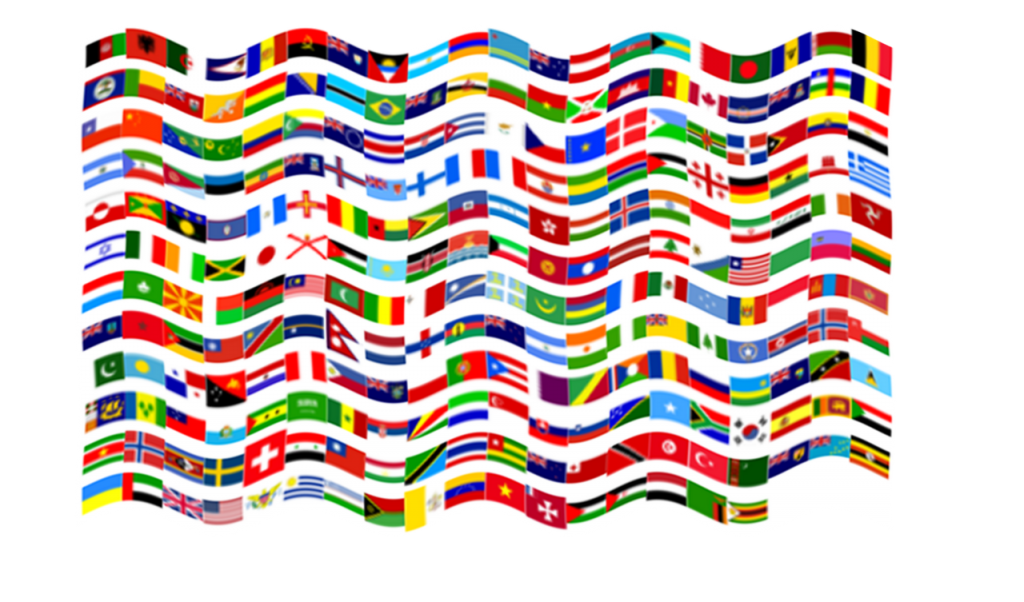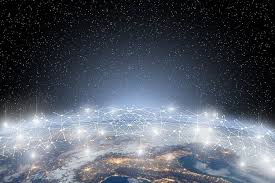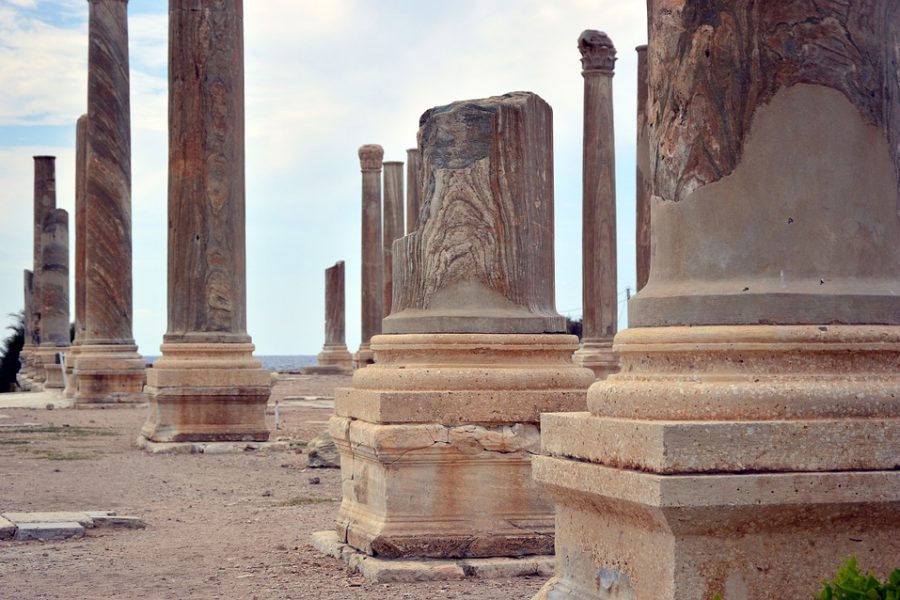Renewed vigor and deeper understanding often follow a period of mourning. With the death of America and the collapse of the international order, awakening human beings must move to fill the vacuum, or some kind of authoritarianism will. Though mourning a death is natural and necessary, there’s no time to waste.
Serious people realize that humankind is facing an unprecedented historical and evolutionary crisis, demanding a new way of thinking and feeling in an interdependent global society. Politically, the United Nations, founded on the modern version of tribalism (the separate sovereignty of 200 nation-states) is imperiled, even as the necessity for effective global governance becomes more urgent each month.
In the past, survival was the only issue. For many billions of people today, it still is. In rich countries like America, many have simply quit caring about anything but themselves, and so don’t count.

It has been said many times, but it’s unconscionable that there’s so much poverty in a world of such wealth. The chasm between the haves and have-nots has to close, or humankind will fall into the abyss between the walls.
Equipped with the new technologies such as the Internet (which allows me to send this column to Tanzania, New Zealand, Saudi Arabia and Belgium, besides the U.S., all at the same time) the flow of insights and ideas is radically changing thinking, and expanding opportunities across the globe.
Boundaries truly do not matter anymore.
No one can be sanguine however, since this is a time of terrible transition, and nobody knows whether humankind will make it. Homo sap does not have an infinite number of chances to change course, even though it’s human nature to believe there’s always more time.
Obviously people must physically survive and thrive, and we need others to do so. However things have changed since Aristotle — the human being is not first a social animal, but a spiritual one. If we lose our spiritual potential, through unexamined self-centeredness and unmitigated consumerism, man will decimate the earth, and nothing else will matter.
In 50 years or less, computers will be able to run many of the functions of government that are now so susceptible to the corruption of venal politicians. But contrary to creepy Elon Musk, who hates the earth and says, “I want to die on Mars,” technology will not save us.
A new mentality, which looks out from one’s locality and sees and takes responsibility for the earth and humanity, is the indispensable transformation each person has to make. When enough people do so, it will ignite a psychological revolution that will change the disastrous course of humankind.
However there has to be a practical political manifestation as well. With the end of the international world order, the United Nations, based on the defunct premise of the supremacy of separate nation-states, is perilously inadequate.
The UN may be necessary, at least in terms of its humanitarian agencies, but it certainly isn’t politically sufficient. Trumpers and their ilk be damned, the UN can only be salvaged and radically reformed into a genuine institution of global governance if it’s superseded by a new body, which reflects the reality of a global society.
Africa is the ultimate homeland of every human being, because both ancient and modern humans first emerged on that continent. As global citizens of the South and the North, can we build a global polity of world citizens in the evolutionary birthplace of humankind?

A global polity will, first and foremost, signify and manifest a revolution in human consciousness. Such a non-power-holding body will mark the beginning of the end of atavistic identification with particular groups as the primary basis of political organization.
A global polity will not serve or be founded on personal, particular or parochial interests. It will serve humankind by helping to fill the dangerous vacuum of leadership in the world, and function by holding national governments and international institutions accountable to the human prospect as a whole.
If it isn’t already too late for the United Nations, a global polity will supersede in principle and complement in practice the UN, providing impetus and oversight for its urgently needed reform into an effective institution of international law and governance.
Finally, a Global Polity on the beleaguered continent of Africa will signify humankind coming full circle and starting again as a new species. Such a body of world citizens is not some distant dream. Indeed, as nationalism and military/coercive power reach their inevitable dead end, it’s a tangible, necessary and realizable vision.
The future does not belong to homogenized humans, ‘virtual’ prisoners of consumeristic mind control, but to awakening human beings. The future belongs to everyone who can look up from the mire and still see the horizon, calling no one enemy.
Martin LeFevre

